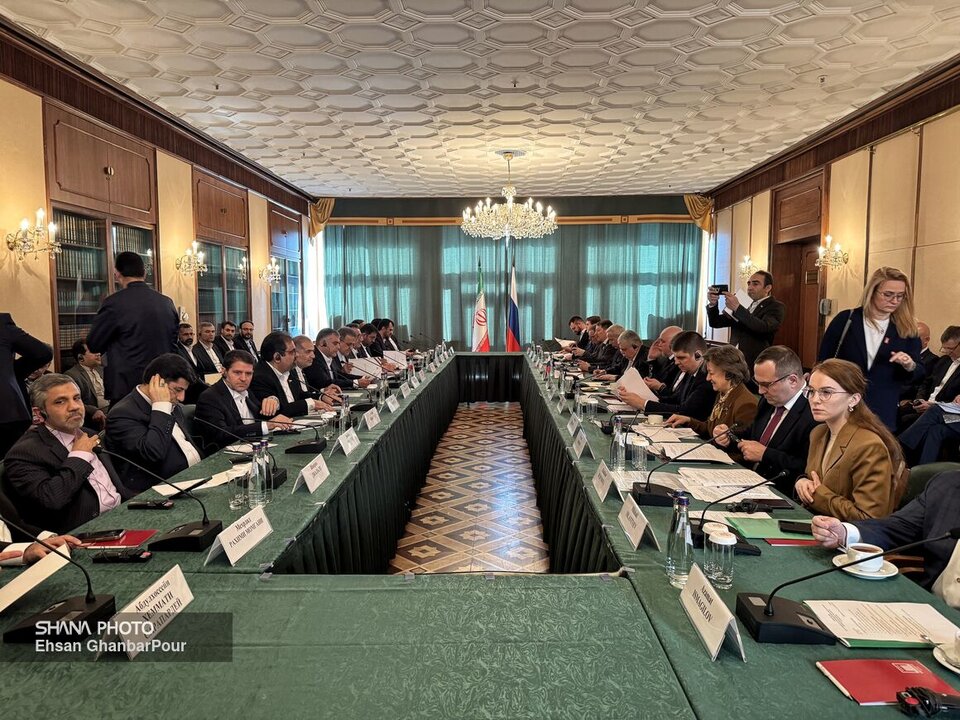Mohsen Paknejad, speaking Friday at a restricted meeting of the 18th Joint Economic Cooperation Commission between Iran and Russia, thanked the Russian government and people for hosting the event. He stressed the need to maximize existing capacities to enhance economic and trade relations between the two nations.
“I hope the 18th commission meeting, through the joint efforts of Iranian and Russian representatives, will help eliminate structural constraints and existing challenges, elevating bilateral relations to a level befitting two major countries, given their high potential,” he said.
Comprehensive partnership agreement: A bright horizon for strategic cooperation
Paknejad noted that the Comprehensive Strategic Partnership Agreement, signed by the presidents of Iran and Russia and ratified by both houses of Russia’s parliament, marks a significant step toward elevating bilateral ties to a new, long-term and strategic level.
He expressed hope that the approval of the free trade agreement between Iran and the Eurasian Economic Union by Iran’s parliament—set to take effect May 15, 2025—will pave the way for removing trade barriers with member states, particularly Russia.
Banking cooperation: Key to facilitating trade, investment
Highlighting recent agreements between the central banks of Iran and Russia, Paknejad said linking their financial messaging systems and card payment networks is a crucial step toward facilitating investment and boosting trade volume.
Expanding such cooperation to include knowledge-sharing with allied nations and international bodies like BRICS and the Shanghai Cooperation Organization could strengthen the economic resilience of Iran and Russia against external threats and deepen their strategic ties, he added.
Paknejad underscored the importance of regular meetings of the Iran-Russia Joint Economic Cooperation Commission, calling it an effective framework for expanding collaboration in energy, finance, banking, investment, transportation, agriculture, nuclear technology and other fields.
“Removing obstacles to bilateral cooperation and developing new strategies to expand engagement should be a priority for both governments and private sectors, whether within the commission or through direct talks,” he said.
Monitoring agreements, institutional coordination
Paknejad stressed the need for consistent follow-up on implementing agreements, urging the joint commission’s secretariats on both sides to closely track project progress, identify internal hurdles and resolve interagency misalignments.
He expressed optimism that bilateral cooperation would proceed effectively, allowing Iran and Russia to leverage each other’s strengths for sustainable development and mutual benefit.


Your Comment